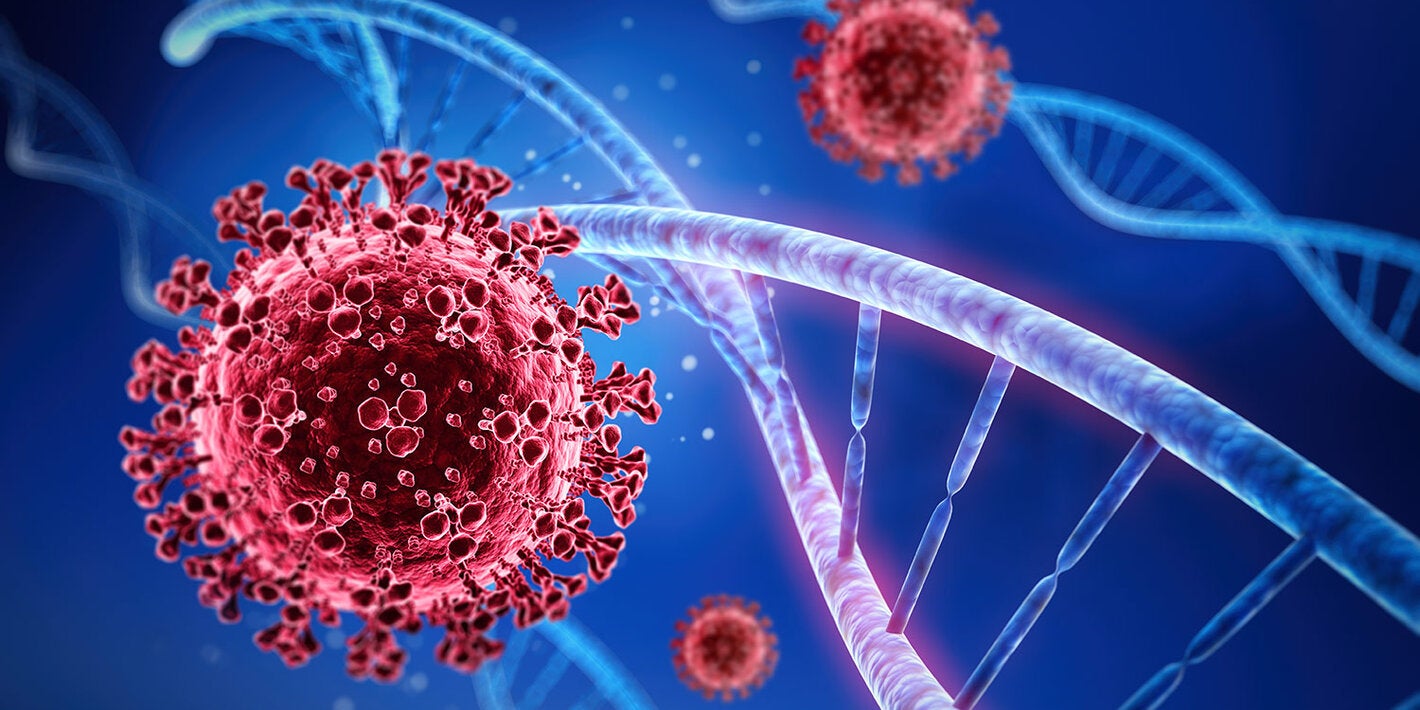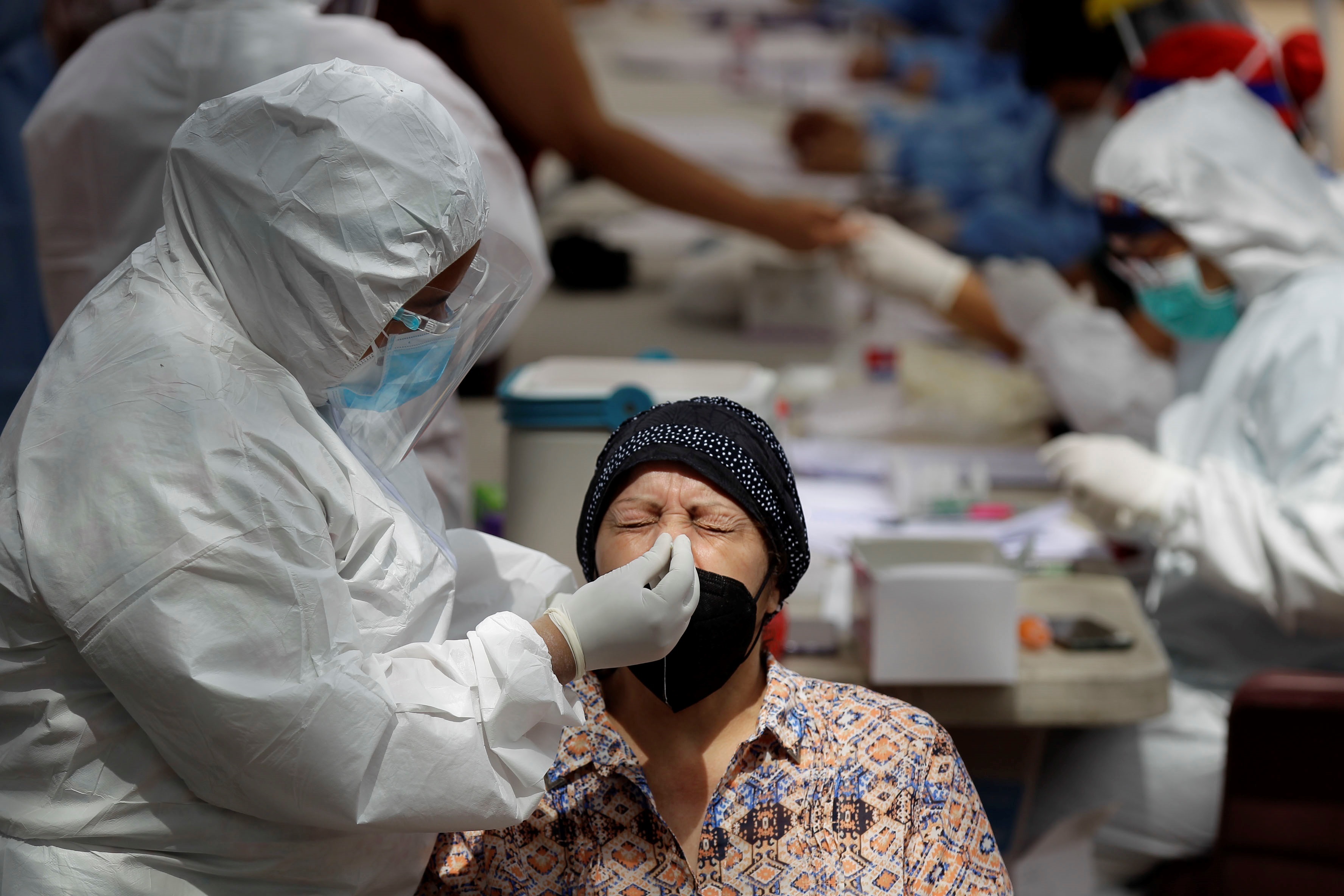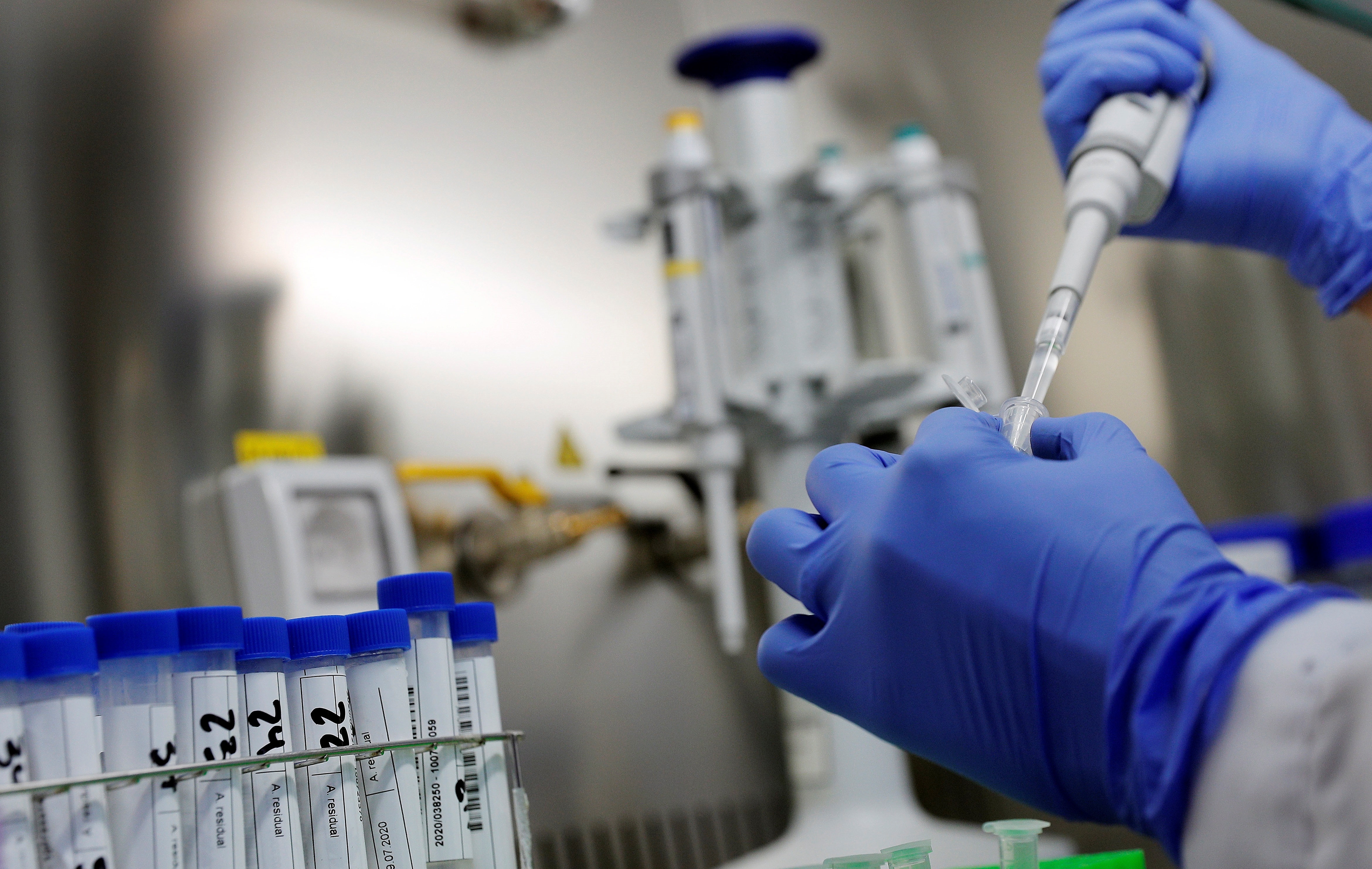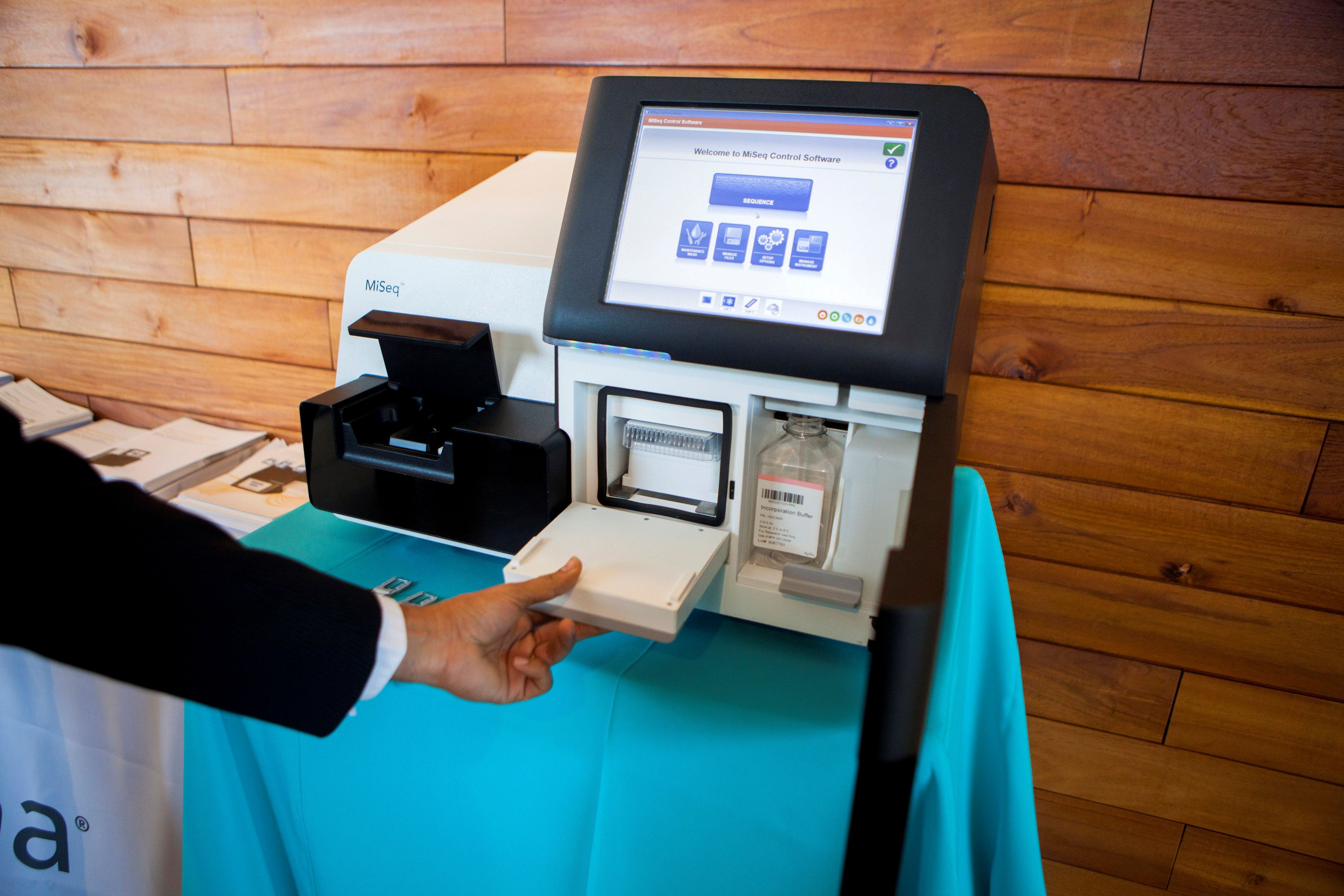
If the scientific community learned anything about SARS-CoV-2, the coronavirus that causes the COVID-19 disease, it is that the virus mutates and adapts to survive by increasing its contagion.
Its genetic code slowly changed as it spreads from person to person around the world. For most of that time, the mutations did not seem significant in terms of the dangerousness of the virus. Some of these mutations even weaken the virus.
However, variants appeared that did deserve attention. Some are classified as being of interest and others of concern because of their greater transmissibility or the possibility of an increase in the number of cases that require hospitalization or reduce the effectiveness of vaccines and treatments.

To detect these changes, international platforms have been created that allow the sharing of genetic data that are discovered about the coronavirus to detect new variants that may arise.
But several scientists have recently warned that gaps in genome data could hamper the search for the next variant of COVID. Sequencing SARS-CoV-2 genomes has helped researchers track how the virus evolves, but many countries don't share all of their data.
What happens is that many countries that sequence SARS-CoV-2 genomes share only a fraction of them in public repositories, and many sequences lack important information, according to a global analysis of genomic surveillance. But the study also found that despite these challenges, countries have become faster to share footage over the course of the pandemic.

Openly sharing genome sequencing data from SARS-CoV-2 samples has allowed researchers to track how the virus evolves and has become a hallmark of the pandemic. But researchers are concerned that data gaps may make it difficult to detect the next worrying variant of COVID-19 and could thwart efforts to respond to it quickly.
In a study published in Nature Genetics this week, researchers collected genomic data uploaded to public repositories, including GISAID, between the start of the pandemic and October 31, 2021, comprising approximately 4.9 million of genomes from 169 countries.
They compared these sequences with official reports from individual countries and found that out of 62 countries reporting these data, 23 (more than a third) had risen less than 50% of their sequences of the variants of interest Alpha, Beta, Gamma and Delta. About a quarter of countries had uploaded less than 25% of their sequences.
“Lack of exchange is a global problem. It's not just a matter of rich or poor country,” said co-author Andrew Azman, infectious disease epidemiologist at Johns Hopkins University in Baltimore, Maryland.
Punish transparency

The authors suggest several reasons why some countries might not share all of their streams in public repositories. “Some of the samples may not have been sequenced in the first place, because there are ways to identify worrying variants without sequencing the entire genomes,” Azman says. “And depending on the sequencing technology the researchers used, some samples were probably not of sufficient quality to load,” said Cynthia Saloma, a molecular biologist at Diliman University of the Philippines in Quezon City.
But some of the unshared sequences is likely to be retained for political reasons, including the repercussions of being the first country to report a new variant of concern. “Most countries that share such data tend to suffer from it,” said Nnaemeka Ndodo, a molecular bioengineer at the Nigerian Centre for Disease Control in Abuja. For example, when researchers in South Africa and Botswana alerted the world to the Ómicron variant last November, a large number of countries responded by closing their borders to the region.
In some countries, governments must review and approve sequences before uploading them. Governments in tourism-dependent nations “could ask their laboratories not to share data because of the impact it will have,” Malavige said. But Azman claims that data sharing is only part of the story. Some countries share a large proportion of their samples, but they have only sequenced a handful of genomes, he says.
The researchers found that 87 countries routinely sequenced samples, but 31 did not, and the team could not find information on genomic surveillance strategies for another 76. Globally, no more than 4.5% of confirmed cases of COVID-19 were sequenced every week from September 2020 onwards, with large discrepancies between regions, from a total of 3.4% of genomes sequenced in Europe during the study period to 0.1% in the eastern Mediterranean. Some countries, including Norway, the United Kingdom and Canada, have sequenced at least 10% of their cumulative cases.

Data on data
The study also assessed the quality of metadata uploaded to GISAID by 169 countries. It found that 63% of the sequences did not include information about the age and sex of the person from whom samples were taken, and more than 95% lacked clinical information such as the severity of symptoms and the vaccination status of the infected person. Higher-income countries tended to provide less metadata than lower-income regions.
Metadata is especially important when a new variant emerges, to assess who is most at risk, how well existing vaccines and drugs will work, and the conditions that could have led to their emergence, the researchers say.
Again, there could be many reasons for information gaps, such as concerns about data privacy, and that metadata collection cannot keep pace with samples being sequenced. Sometimes, a sample may be missing metadata but it comes from a remote province, so it's too valuable not to share, said Nino Susanto, a bioengineer who runs the COVID-19 testing laboratory GSI Lab in Jakarta.
Despite the challenges in sharing data, the study also found that countries have become faster to share sequences during the pandemic. In 2020, researchers in most countries took nearly three months, on average, to collect, sequence, and upload genomic data to public repositories (see Acceleration). However, that was reduced to 20 days when the Delta variant emerged in 2021.
KEEP READING:
Últimas Noticias
Debanhi Escobar: they secured the motel where she was found lifeless in a cistern

The oldest person in the world died at the age of 119

Macabre find in CDMX: they left a body bagged and tied in a taxi
The eagles of America will face Manchester City in a duel of legends. Here are the details

Why is it good to bring dogs out to know the world when they are puppies




